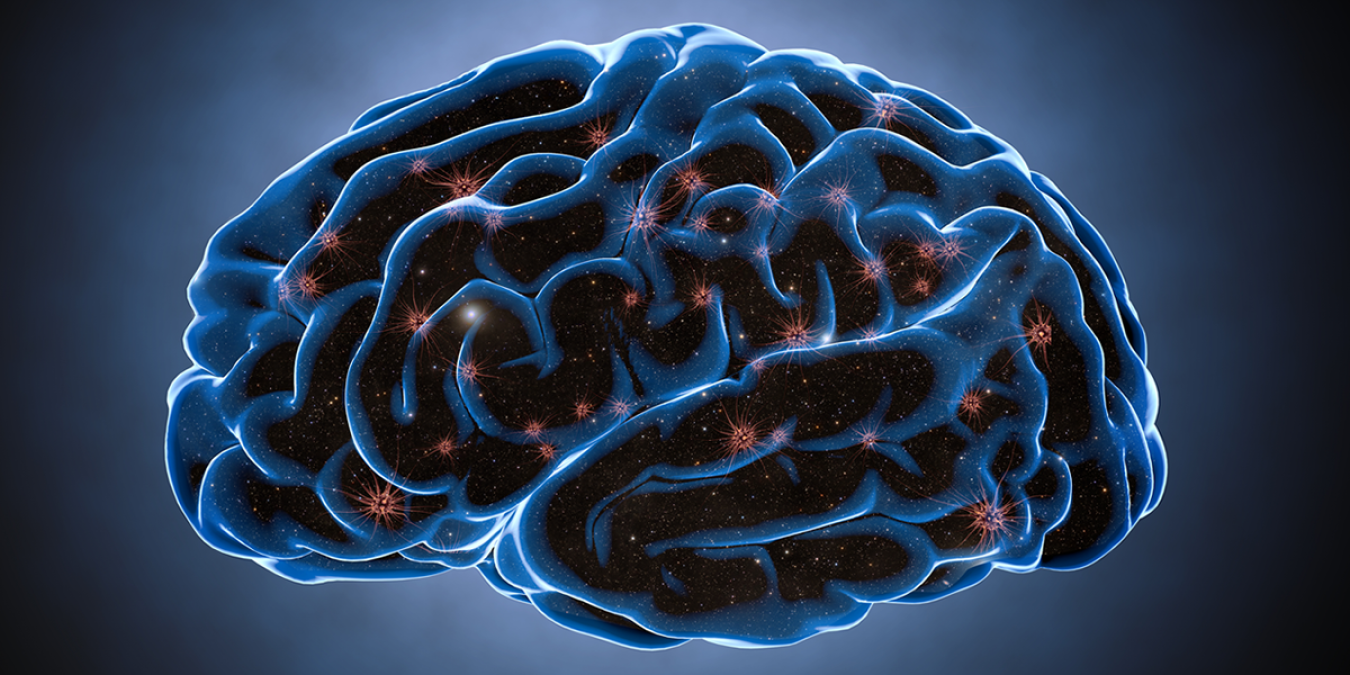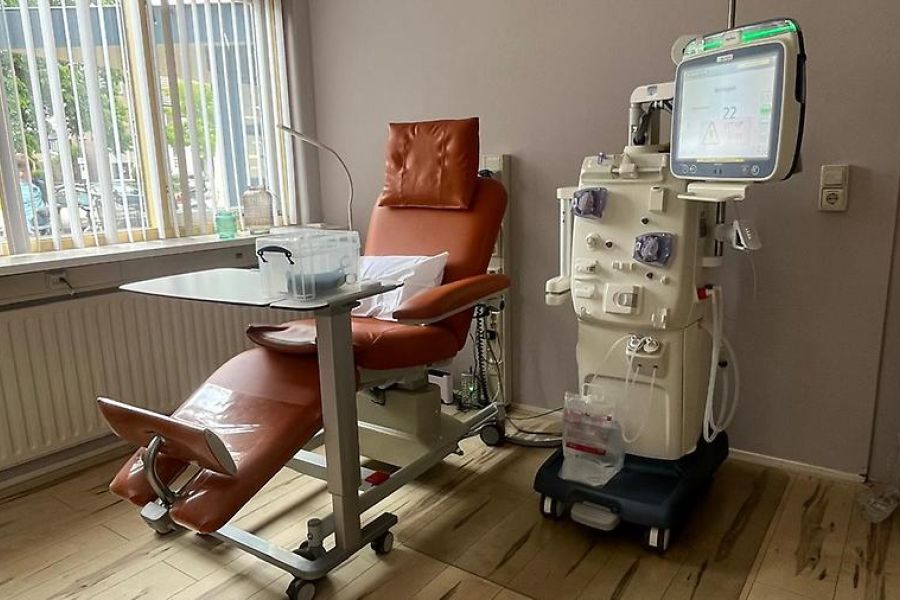Low doses of alcohol may help clean the brain
februari 28, 2018

Brain Research
Low levels of alcohol consumption can tamp down inflammation in the brain and help clear away toxins, including those associated with Alzheimer’s disease. This shows a new study conducted in mice, which appears in the journal Scientific Reports.
It is harmful for the body to consume large doses of alcohol over a longer period of time. However low doses may have a beneficial effect.
“Prolonged intake of excessive amounts of ethanol is known to have adverse effects on the central nervous system. However, in this study we have shown for the first time that low doses of alcohol are potentially beneficial to brain health, namely it improves the brain’s ability to remove waste,” says professor Maiken Nedergaard Center for Translational Neuromedicine at the Copenhagen University and co-director of the Center for Translational Neuromedicine at the University of Rochester Medical Center and lead author of the study.
The finding adds to a growing body of research that point to the health benefits of low doses of alcohol. While excessive consumption of alcohol is a well-documented health hazard, many studies have linked lower levels of drinking with a reduced risk of cardiovascular diseases as well as a number of cancers.
Nedergaard’s research focuses on the glymphatic system, the brain’s unique cleaning process that was first described by Nedergaard and her colleagues in 2012. They showed how cerebral spinal fluid (CSF) is pumped into brain tissue and flushes away waste, including the proteins beta amyloid and tau that are associated with Alzheimer’s disease and other forms of dementia.
The effects of alcohol on the brain
The new study, which was conducted in mice, looked at the impact of both acute and chronic alcohol exposure. When they studied the brains of animals exposed to high levels of alcohol over a long period of time, the researchers observed high levels of a molecular marker for inflammation, particularly in cells called astrocytes which are key regulators of the glymphatic system. They also noted impairment of the animal’s cognitive abilities and motor skills.
Lees meer op de website van de University of Copenhagen: KU.dk


